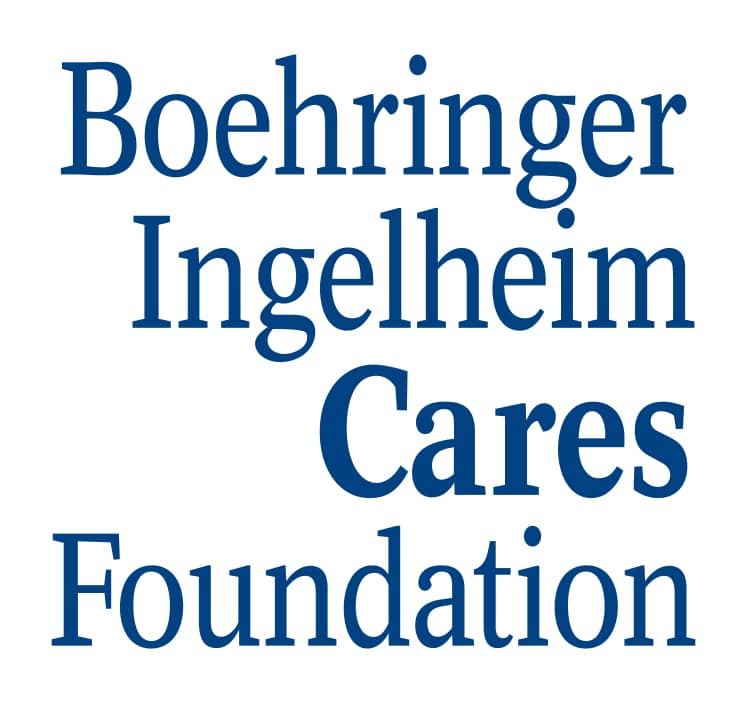Online Peer Support for Veterinary Professionals
Since 2014, NOMV pioneered online peer-to-peer support and mentorship in the veterinary community across our veterinary peer Facebook forums.
Lifeboat extends this model further by providing anonymity for users as they are paired with a team of veterinary professionals trained in peer support who will accompany and mentor these individuals through their crisis.
The program modifies the concept of a “warm line” where individuals can expect to receive an asynchronous response from their peers once per day at a minimum (i.e. this is not a synchronous chat service).
The Lifeboat volunteers are supported by partnerships with the Veterinary Social Work program at University of Tennessee and the Department of Psychological Sciences at Auburn University.
Lifeboat by NOMV is not a mental health intervention, but rather a peer support space to discuss mental health and wellness struggles.
Peer-based approaches to mental health care and recovery are growing and are evidenced as effective ways to help those in crisis feel understood and supported.
Currently, Lifeboat is only able to provide support to those in English.





